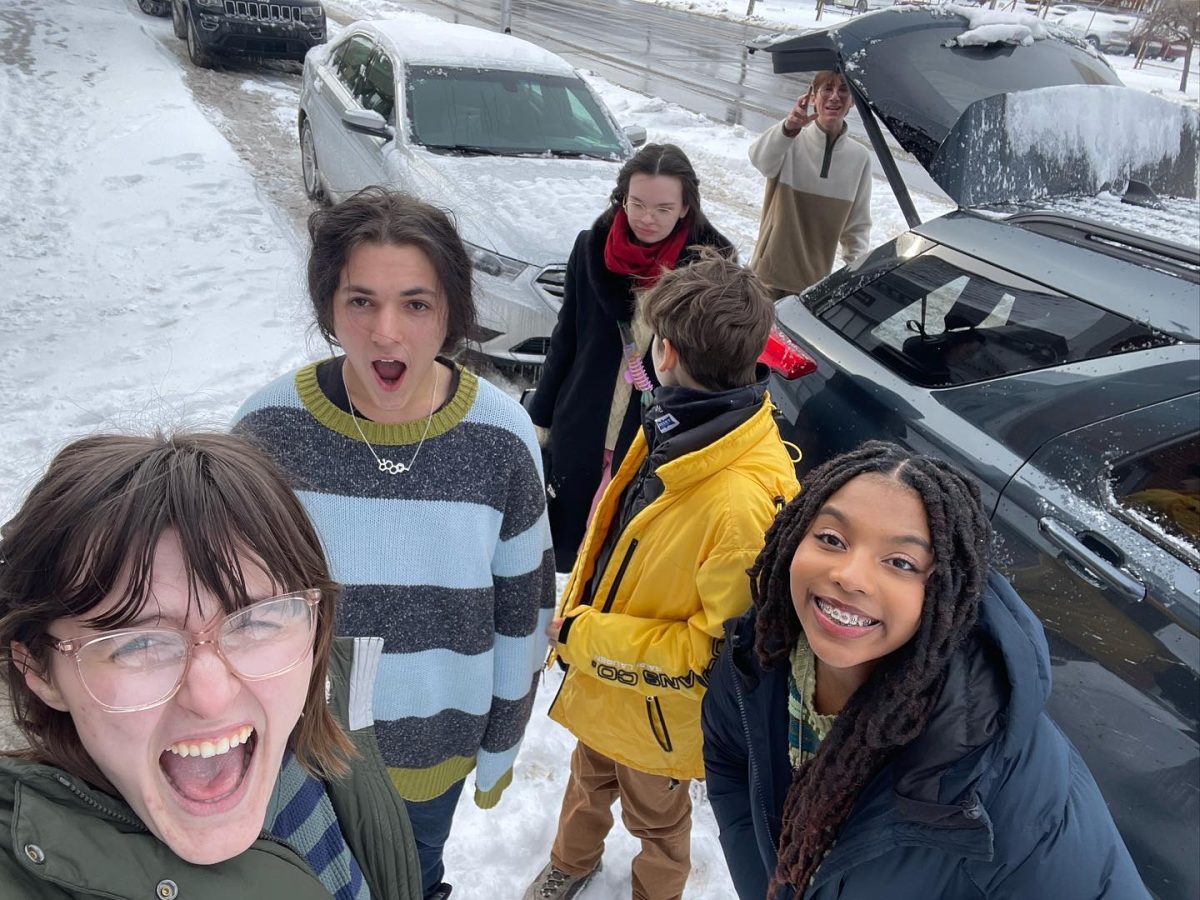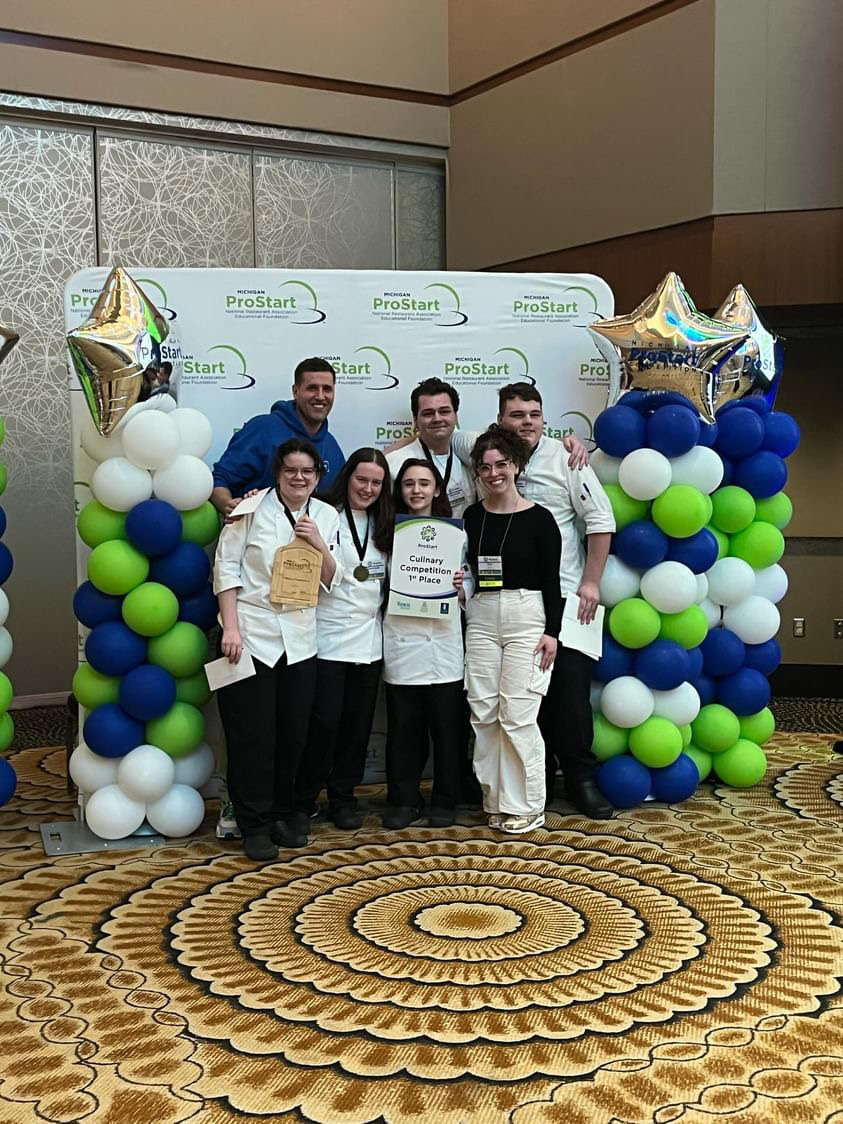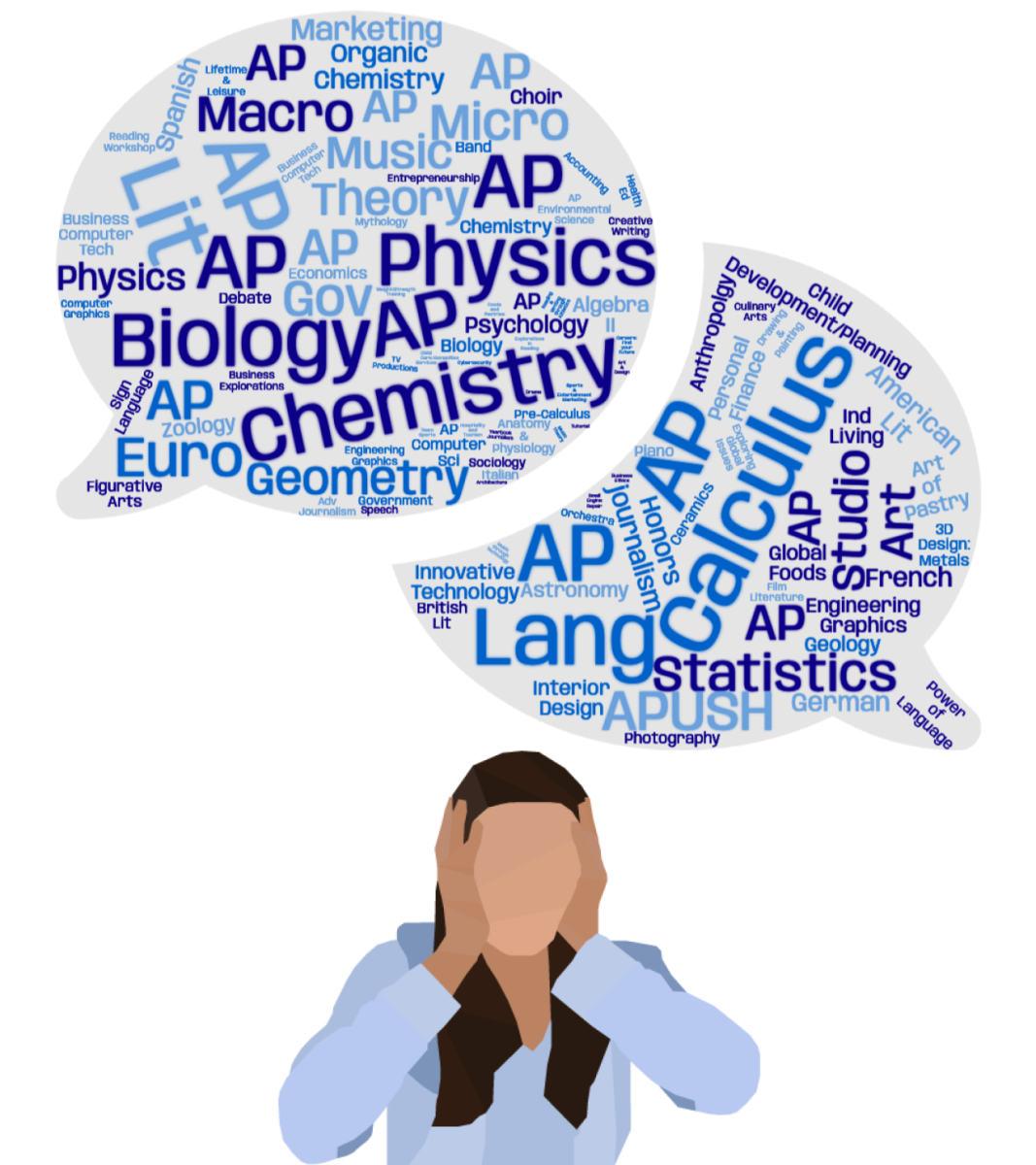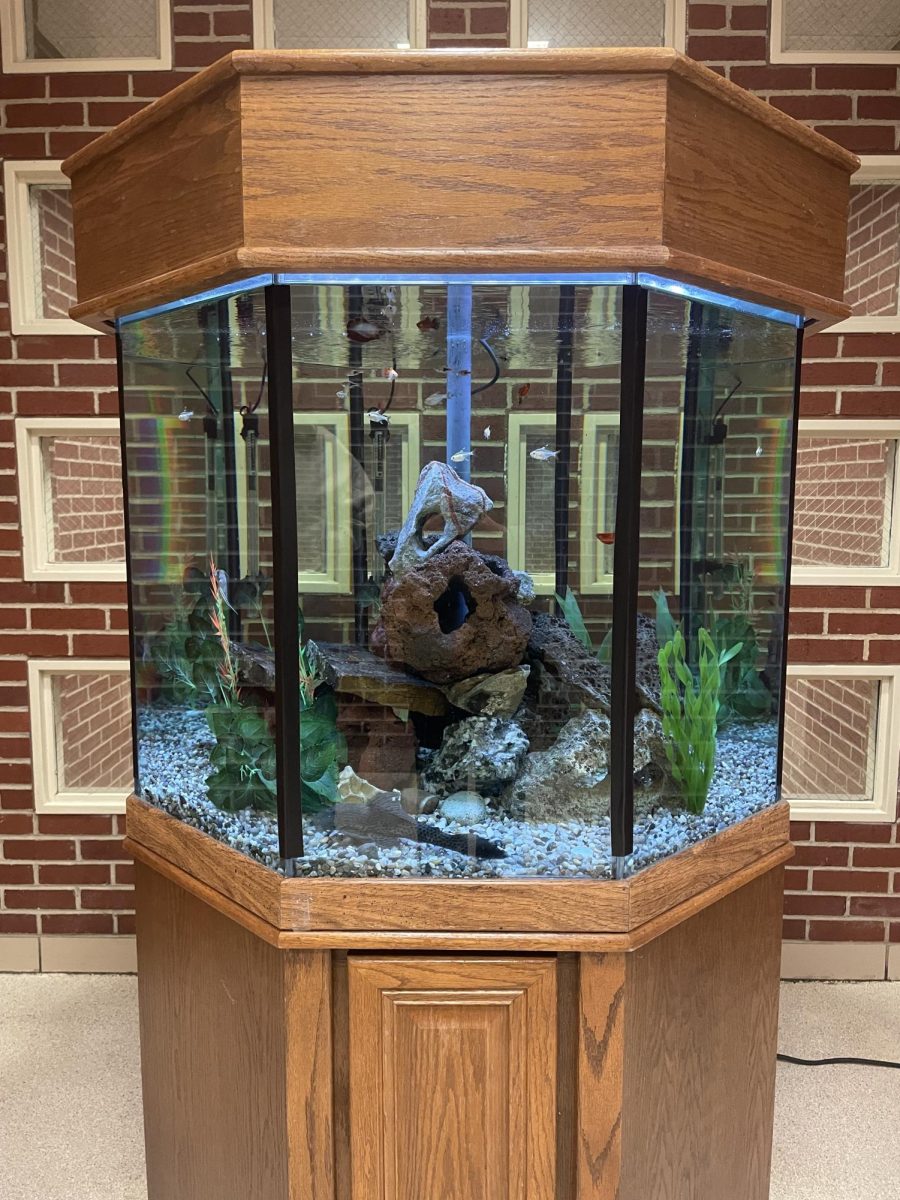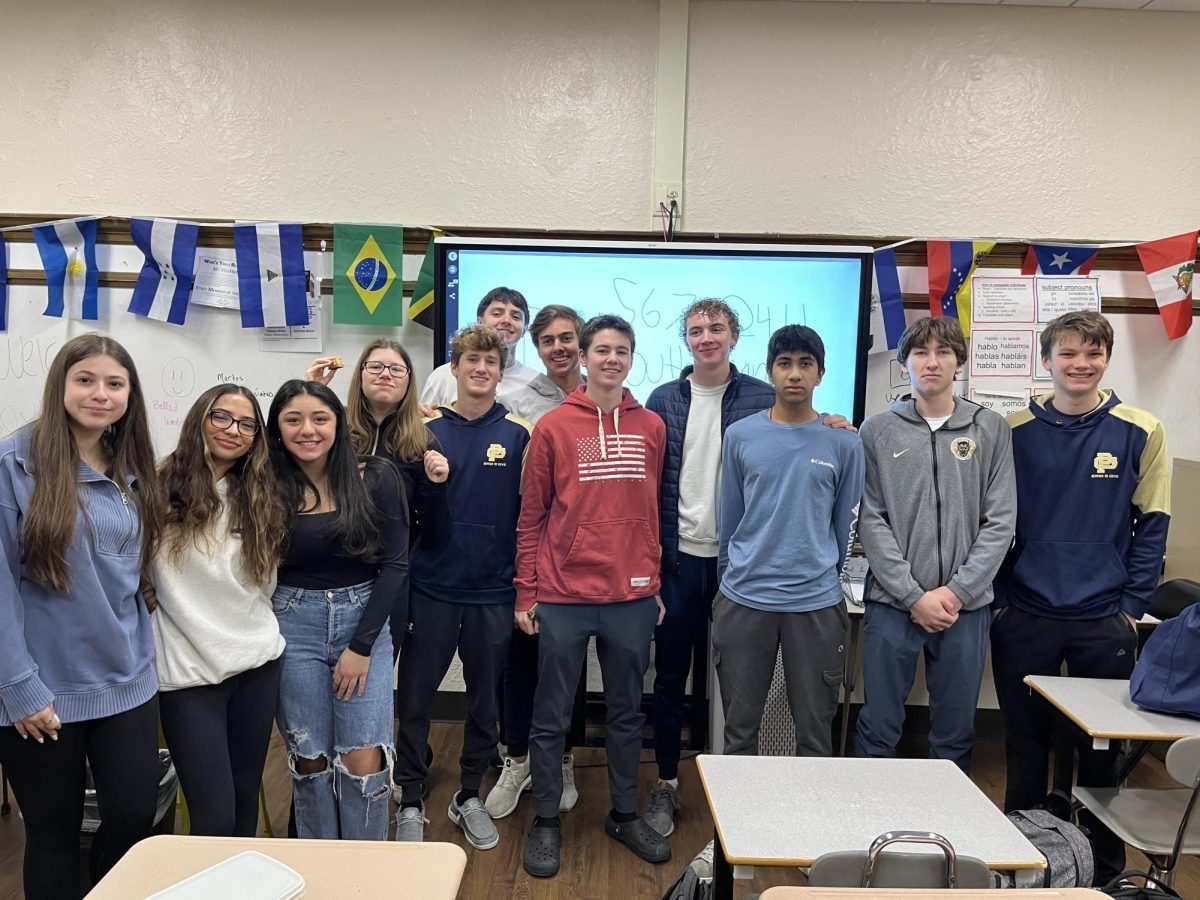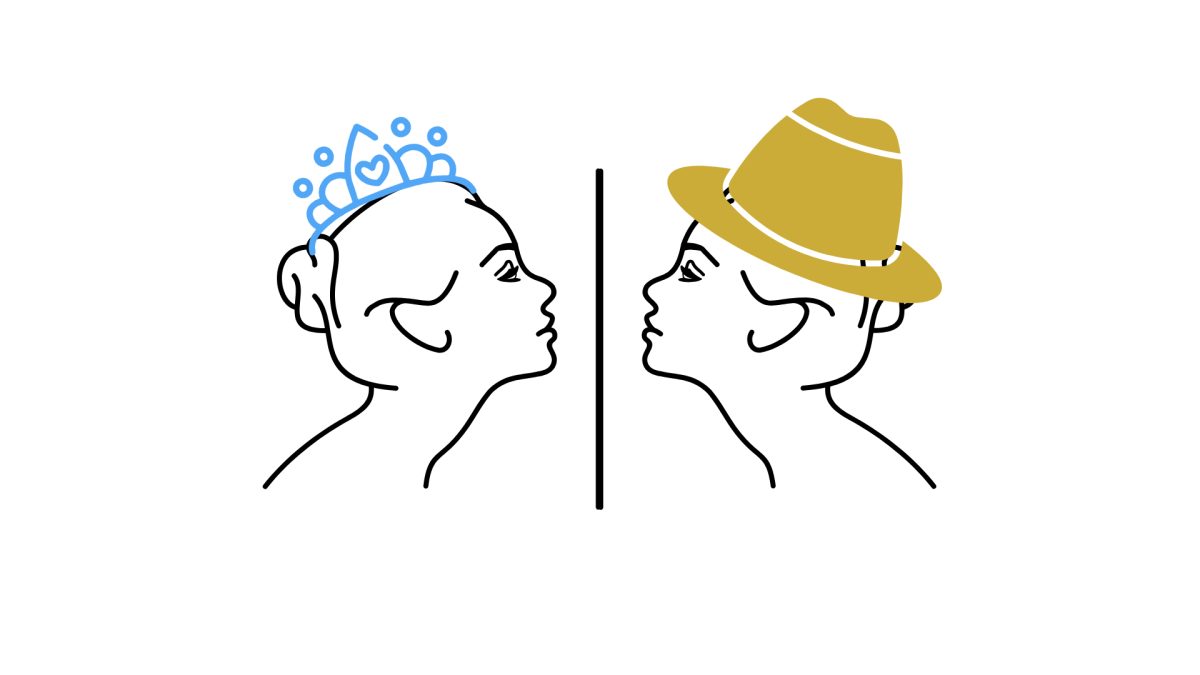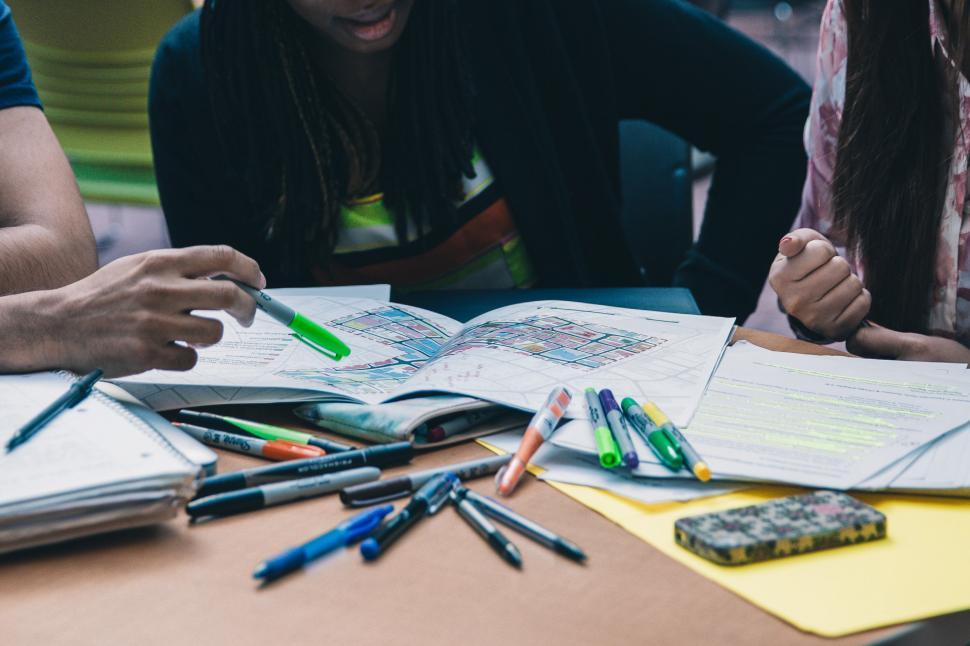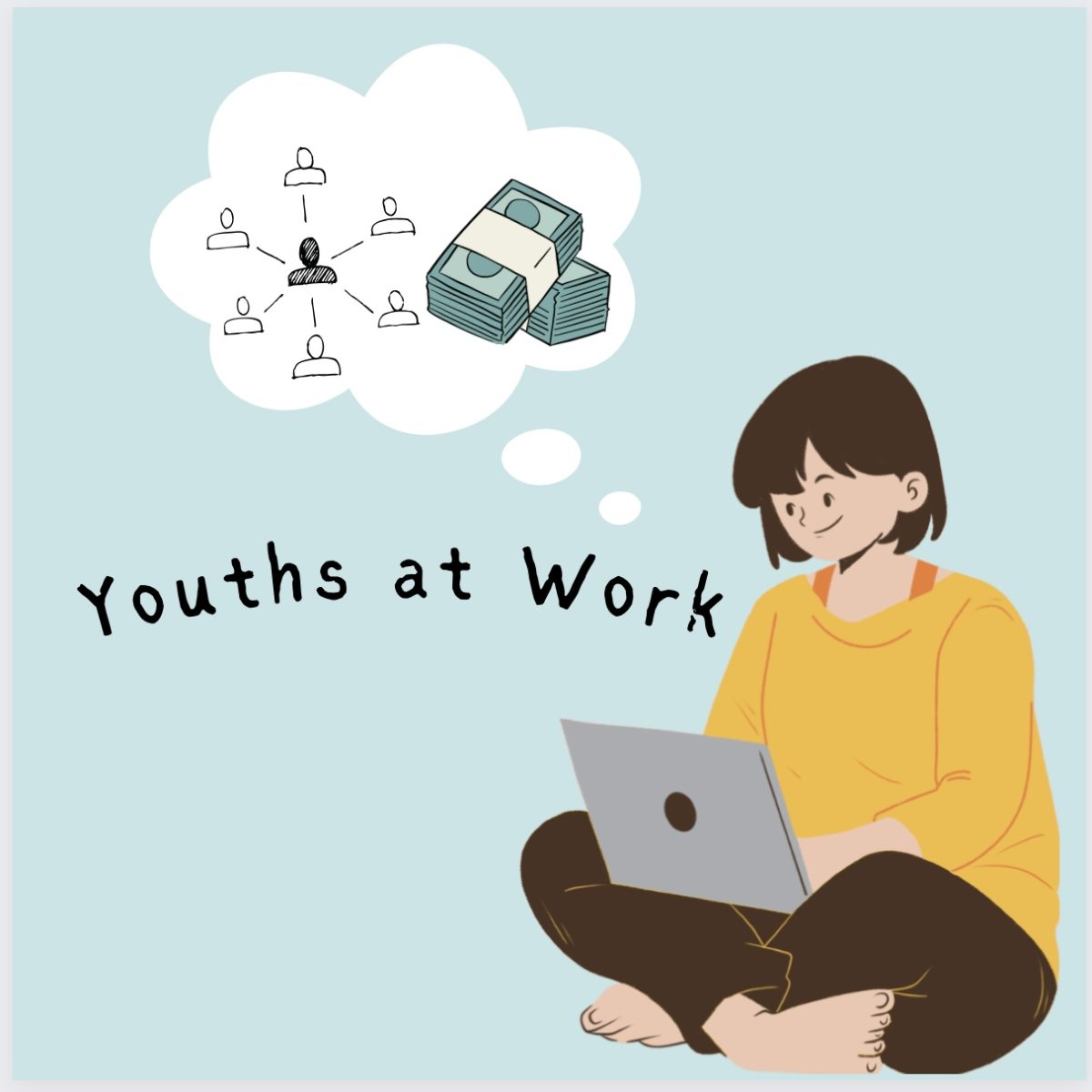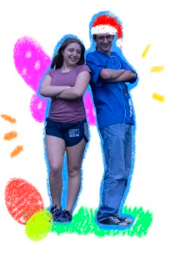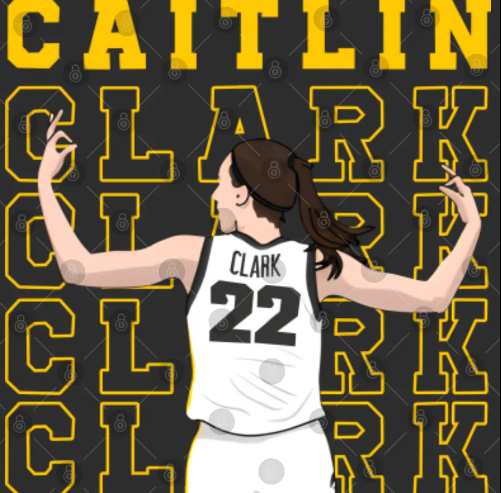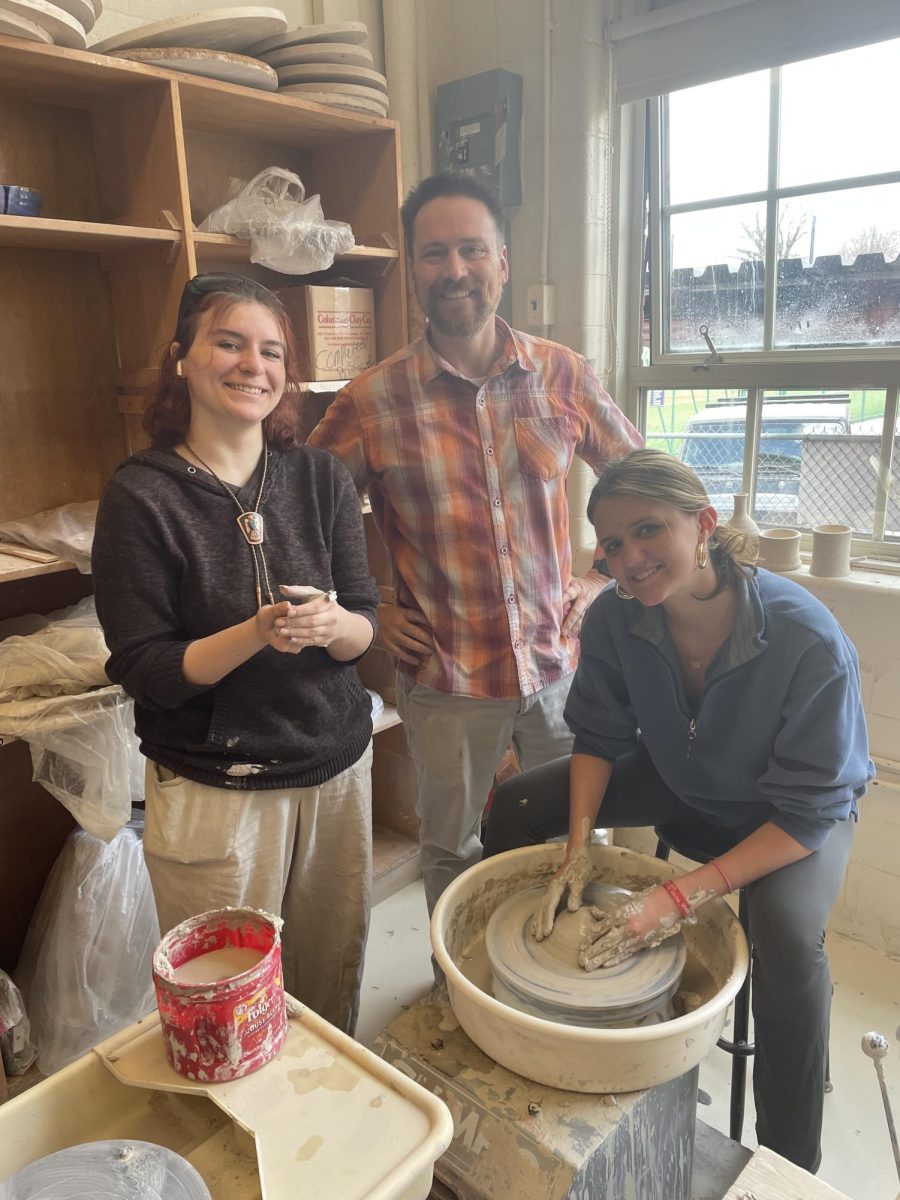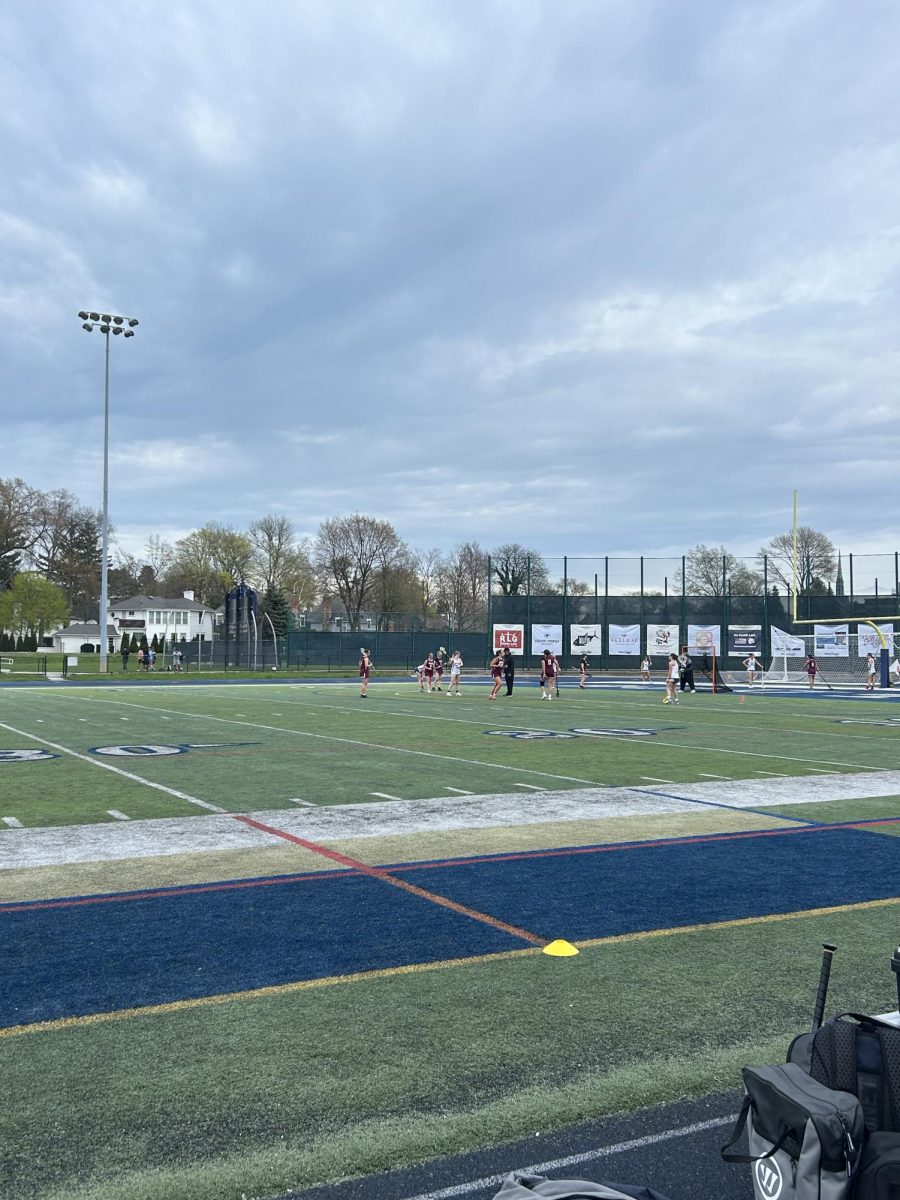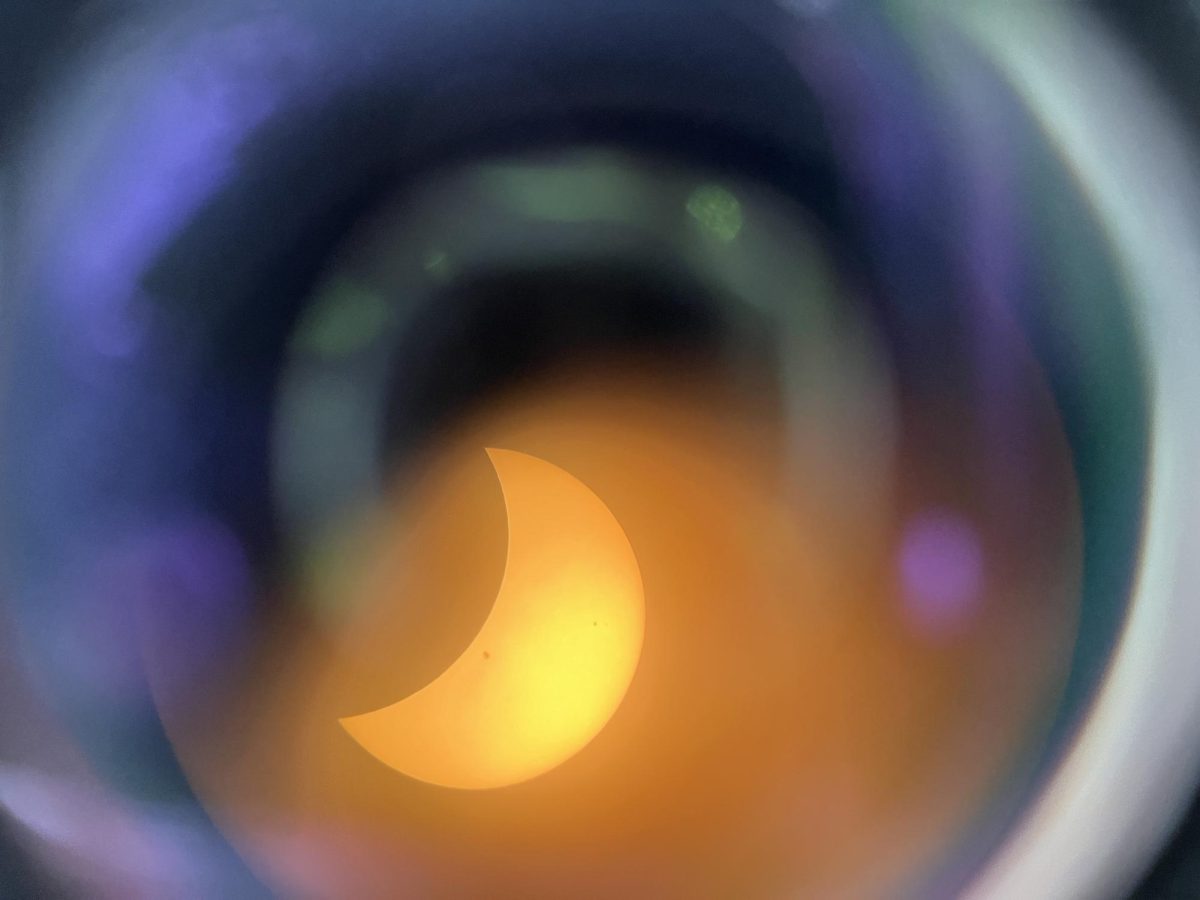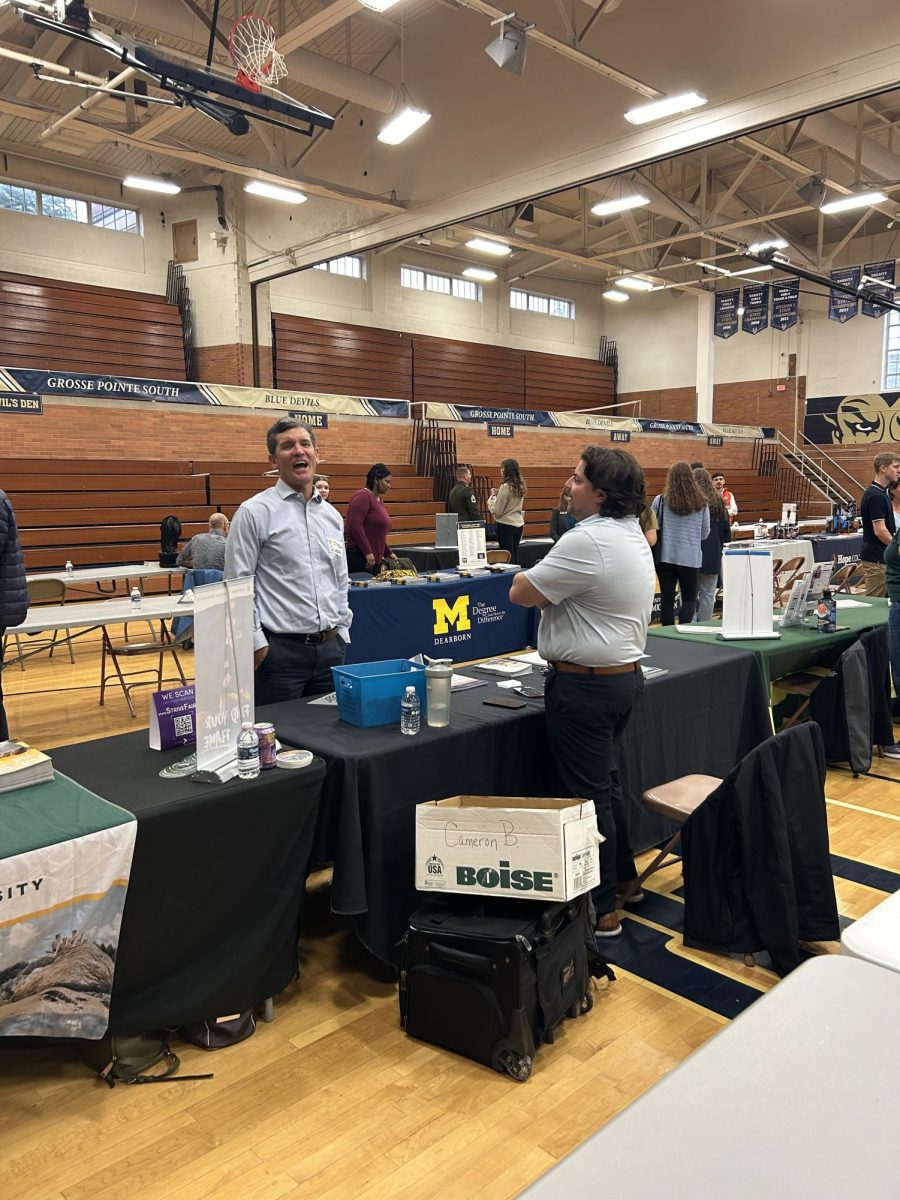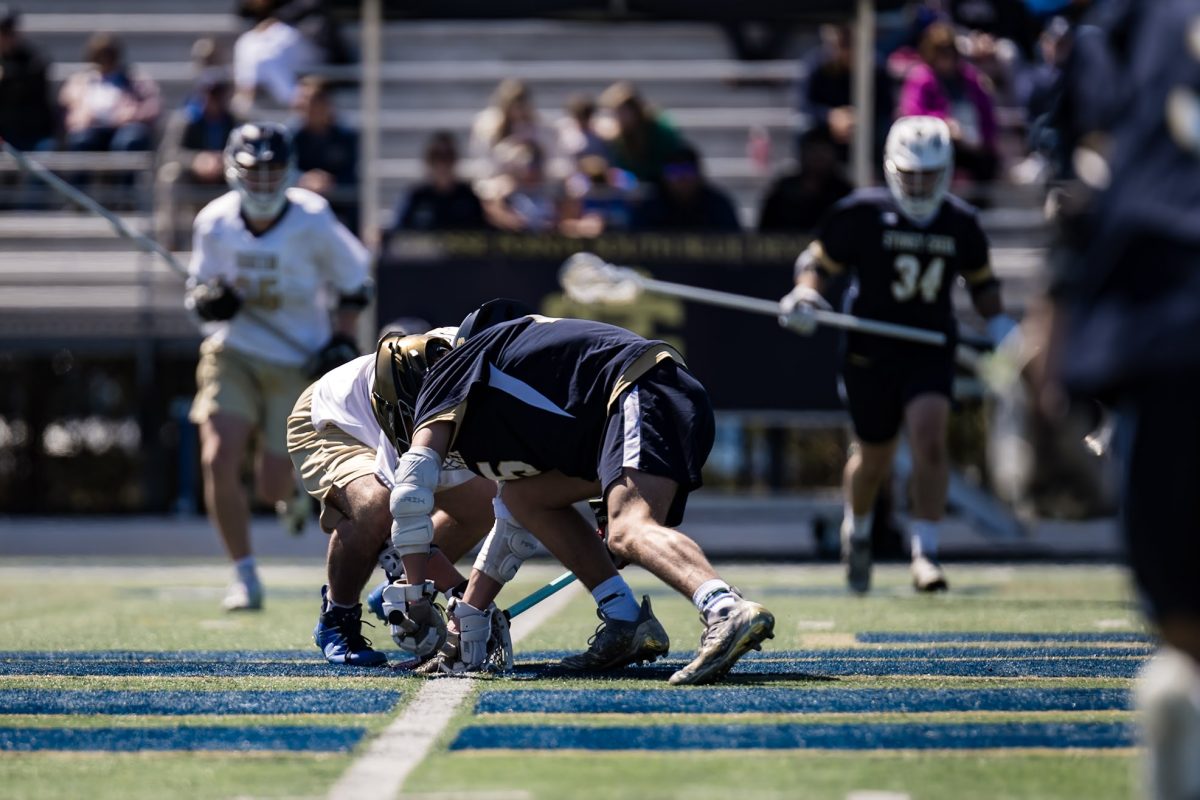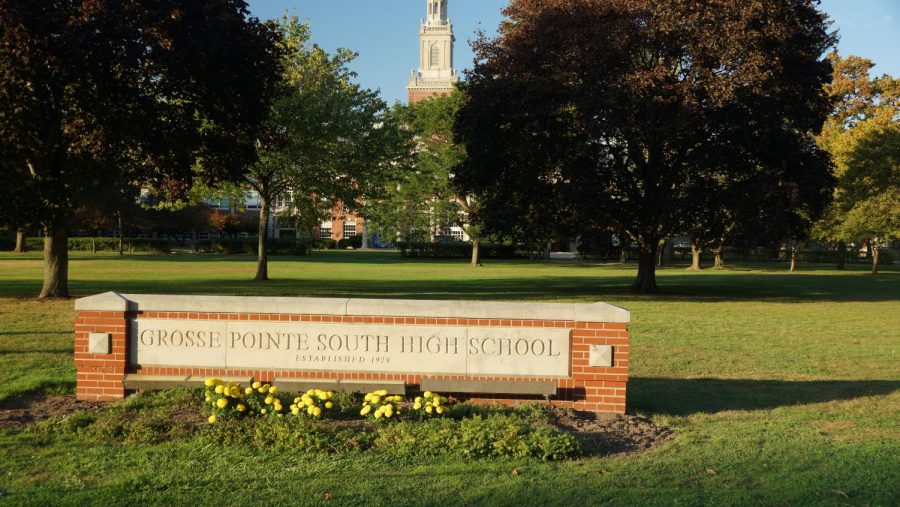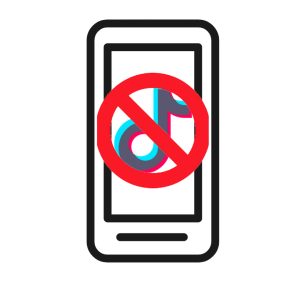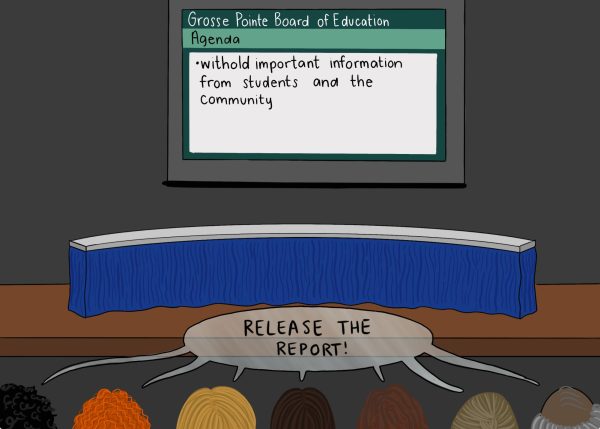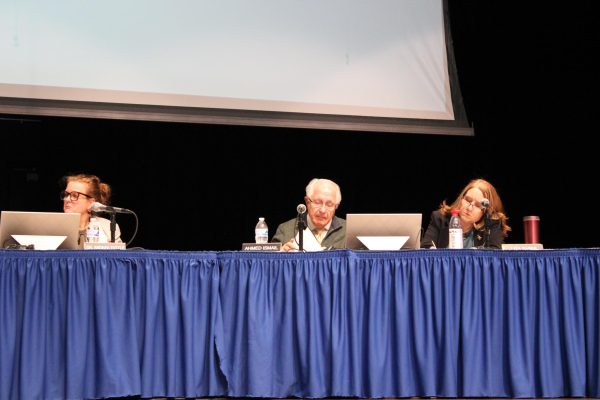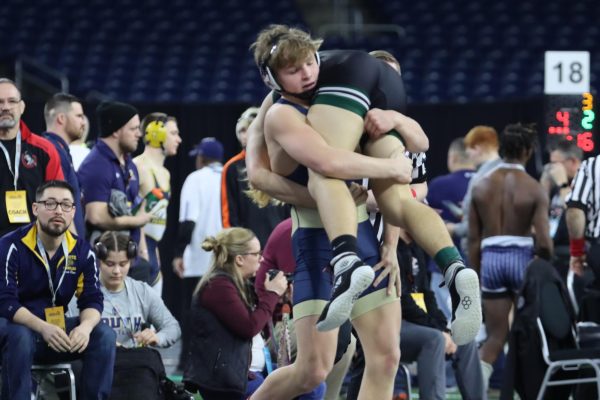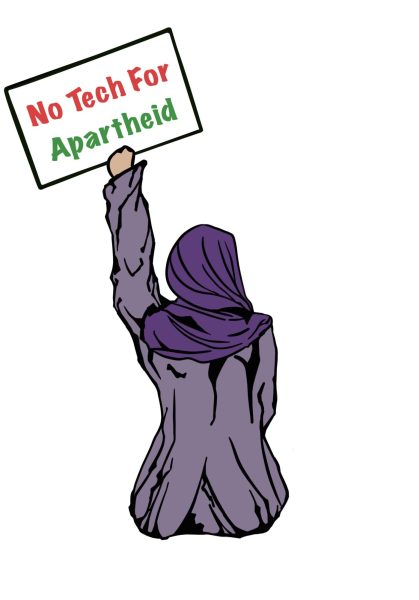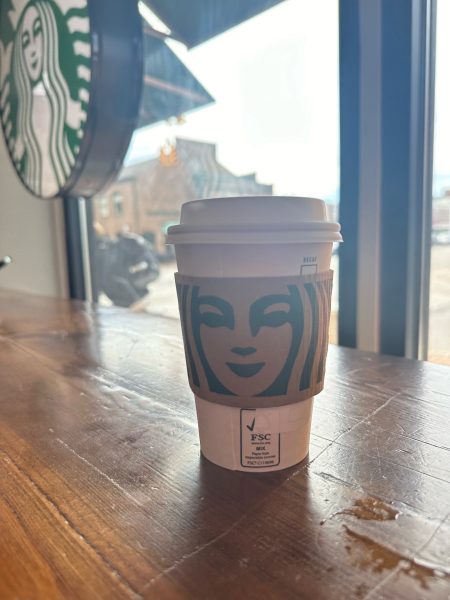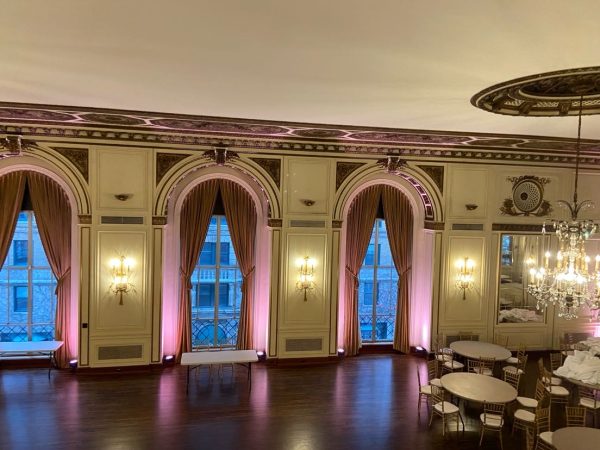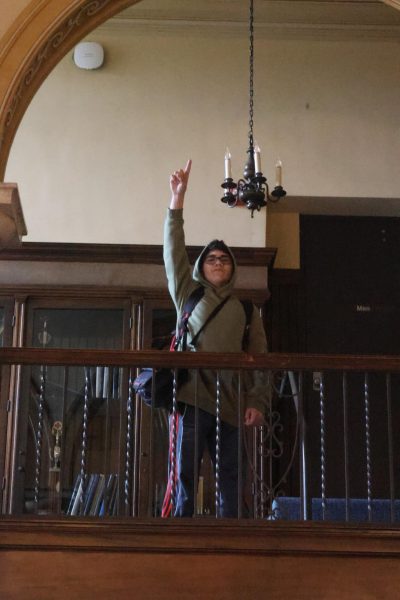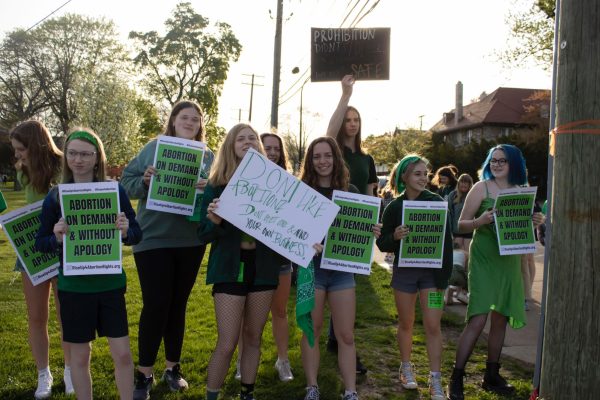The South “snitch” trials
Administration comes into question as rumor spreads about a secret snitch club at South
November 11, 2017
Whispers began floating through the halls of South last Thursday, summarized by two words:
Snitch Society.
What began as a helpful way to give students and administrators alike insight into South’s policies has become lost in translation.
Following an incident regarding school involvement in an off-campus event where underage drinking was involved, many students have deemed there to be a group of pupils working in tandem with the administration. Their assumed motive: to communicate what the student body doing when nobody is watching.
According to principal Moussa Hamka, the group in question is not the rumored ‘snitch society’, but rather the Principal’s Advisory Committee. This group consists of around 20 students who meet with Hamka and the assistant principals to discuss the policies at South and how the school can be improved.
“That ‘snitch society’ rumor is false,” Hamka said. “It’s completely untrue. We have never, ever, engaged in any such activity during my time here at South. We’ve never asked a student to turn other students in, and it’s not what this group is used for.”
According to Hamka, the Principal’s Advisory Committee began meeting during his first year at South in 2014. He said he got the idea from the principal at North Farmington High School, where he previously worked as an assistant principal.
“When I first came to South, I formed the Principal’s Advisory Committee to help give students a voice,” Hamka said. “Student voices are an essential piece in our school culture, and if we want to enhance and maintain our amazing school culture, student voice has to be a part of that feedback that I get on a regular basis.”
Patrick Willard ’17 was invited into the Principal Advisory Committee his sophomore year of high school and attended meetings regularly. To him, the point of the committee was to use students’ perspectives to find ways to improve the school.
“A couple people would like to bring up the racial tension going on,” Willard said. “We talked a little bit about that and what we could do to fix that, because that’s a big issue.”
Connor Mallegg ’16 was also a member of the Principal Advisory Committee during his time at South. He and Willard both agree that the committee was used to better the school.
“It was a lot of administration getting a read from students how the school felt, like a climate reading,” Mallegg said. “I really like what they did with who they got involved in the committee; they tried really hard to get a diverse group of kids.”
Malegg was a football player, a swimmer and involved with student government; he said the administration made sure they invited students across the entire spectrum of South to be in the committee.
“A big part of student voice is helping me see things through different views, and different lenses, in addition to the regular feedback that I get from the teachers or the adults in the building,” Hamka said. “The group helps me see what’s going on, what’s going well in the school, what things we need to work on and also some ideas.”
Hamka said the committee’s intent was never to turn anyone in, but rather to get clarity and make connections between students and the administration.
Mallegg and Willard were both baffled by the idea that rumors are flying around about the committee offering benefits to members such as a higher GPA.
“The point of a GPA is to be standardized, and once you let something like that distort your GPA, then the question is what’s next?” Willard said. “That sets a very bad precedent.”
Although Hamka said the Principal Advisory Committee is not a place for students to turn in others, there are other outlets students can use if they feel they need to present information.
“Grosse Pointe is a very small community, and at some point, everything finds a way to…bubble up to the surface and come full circle,” Hamka said. “I think we have many students in this building of integrity who want to do the right thing, and we have a lot of caring community members. When something is going wrong, when people are putting themselves in danger and doing things they’re not supposed to, people do speak up. That comes from a variety of places or sources.”


